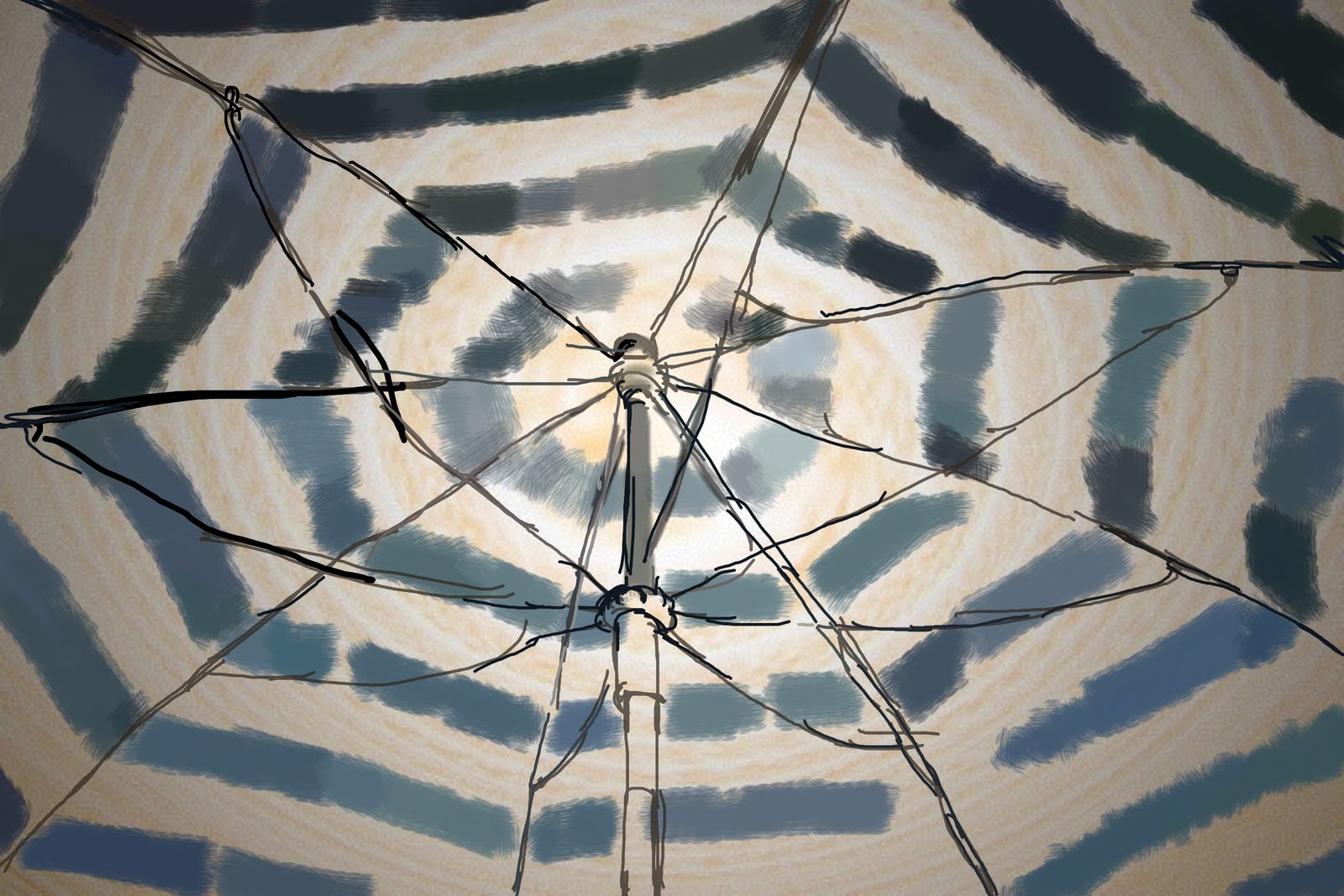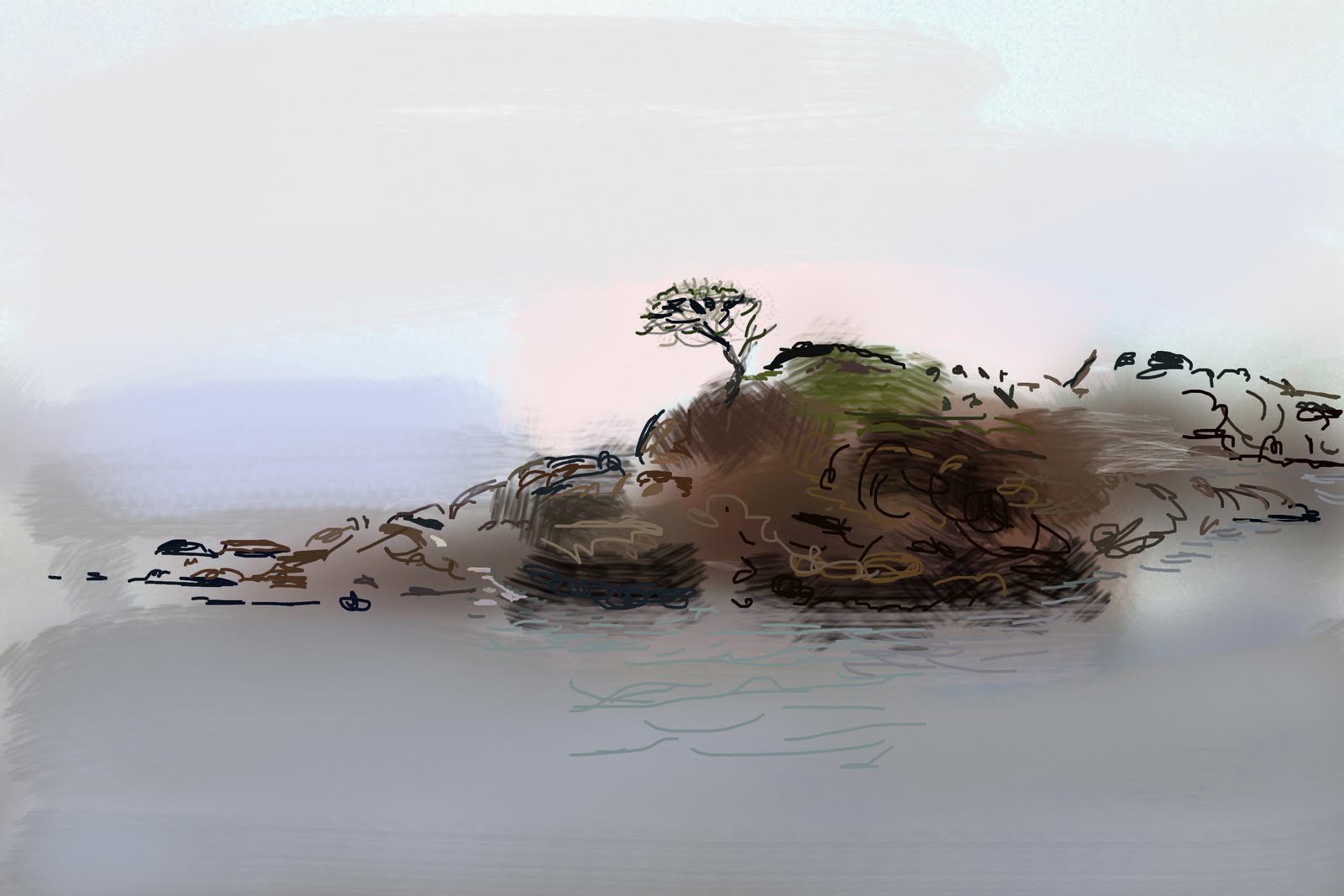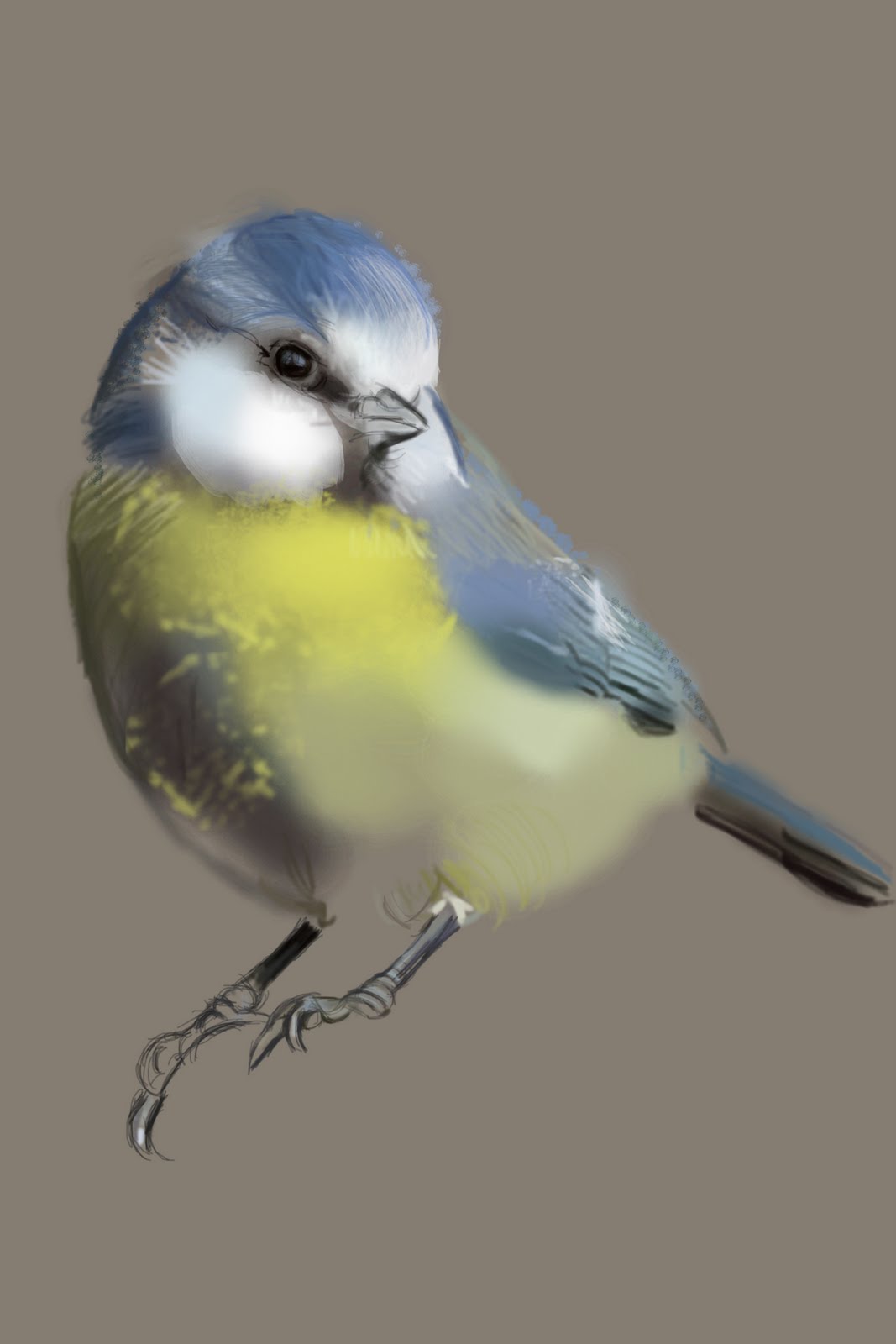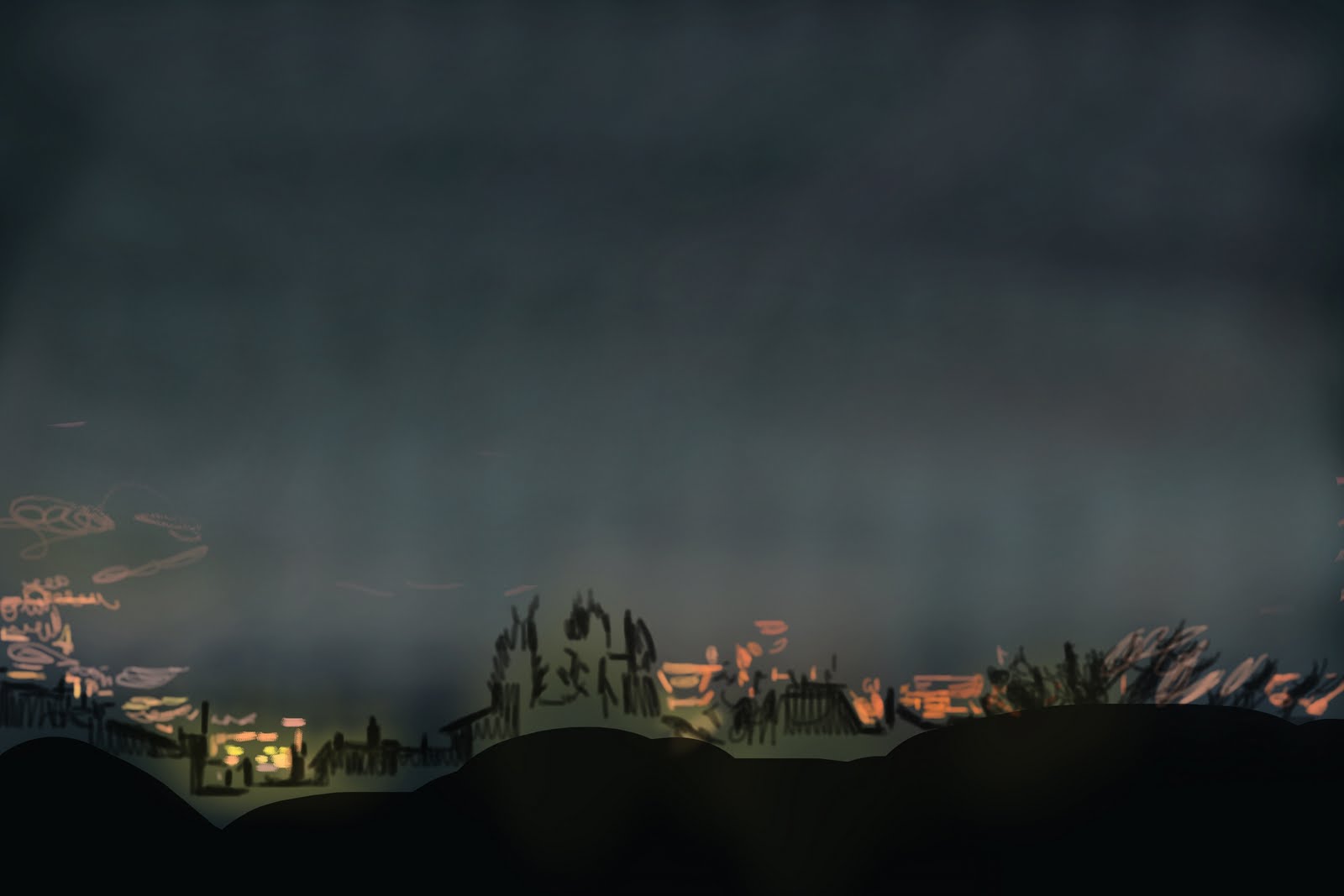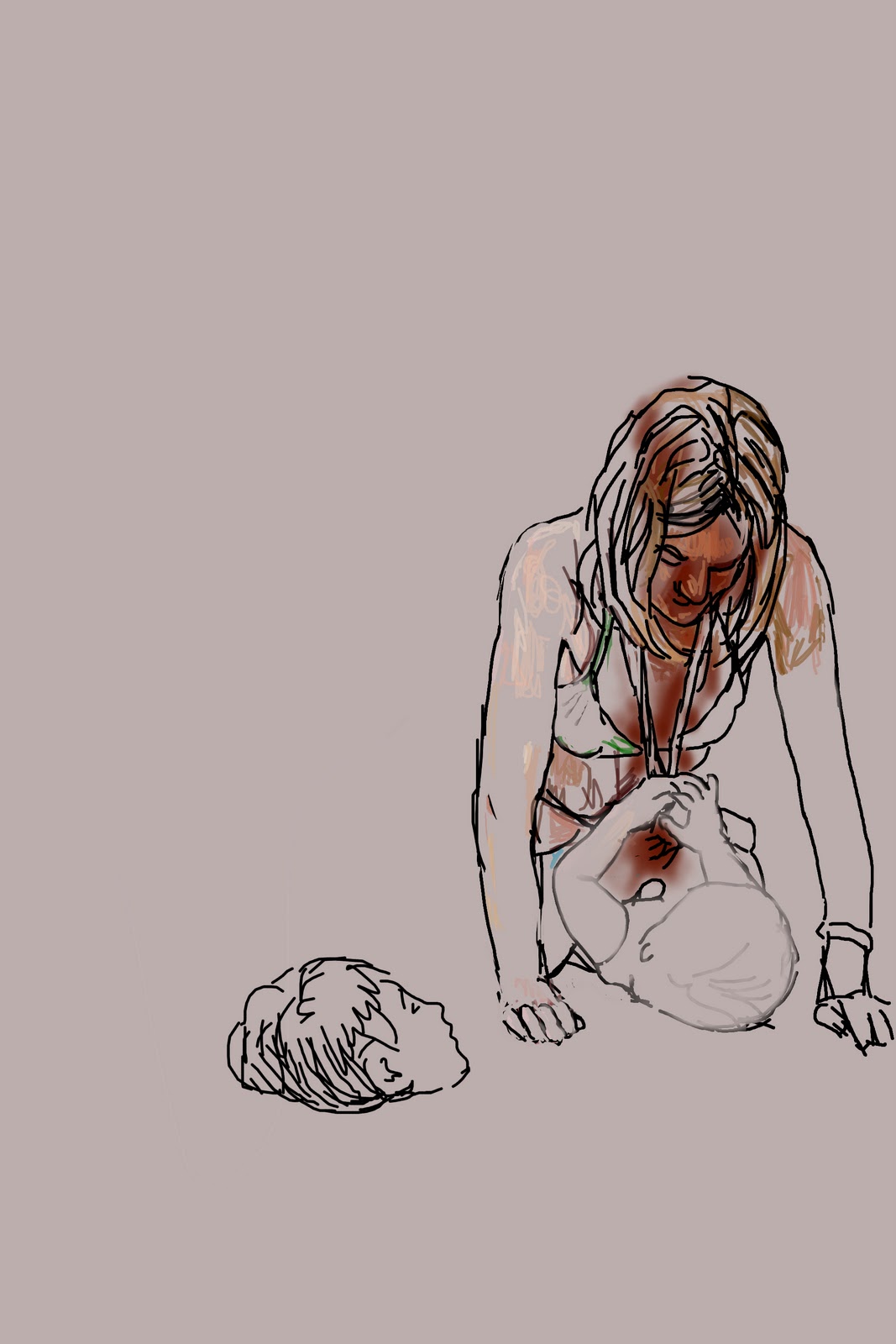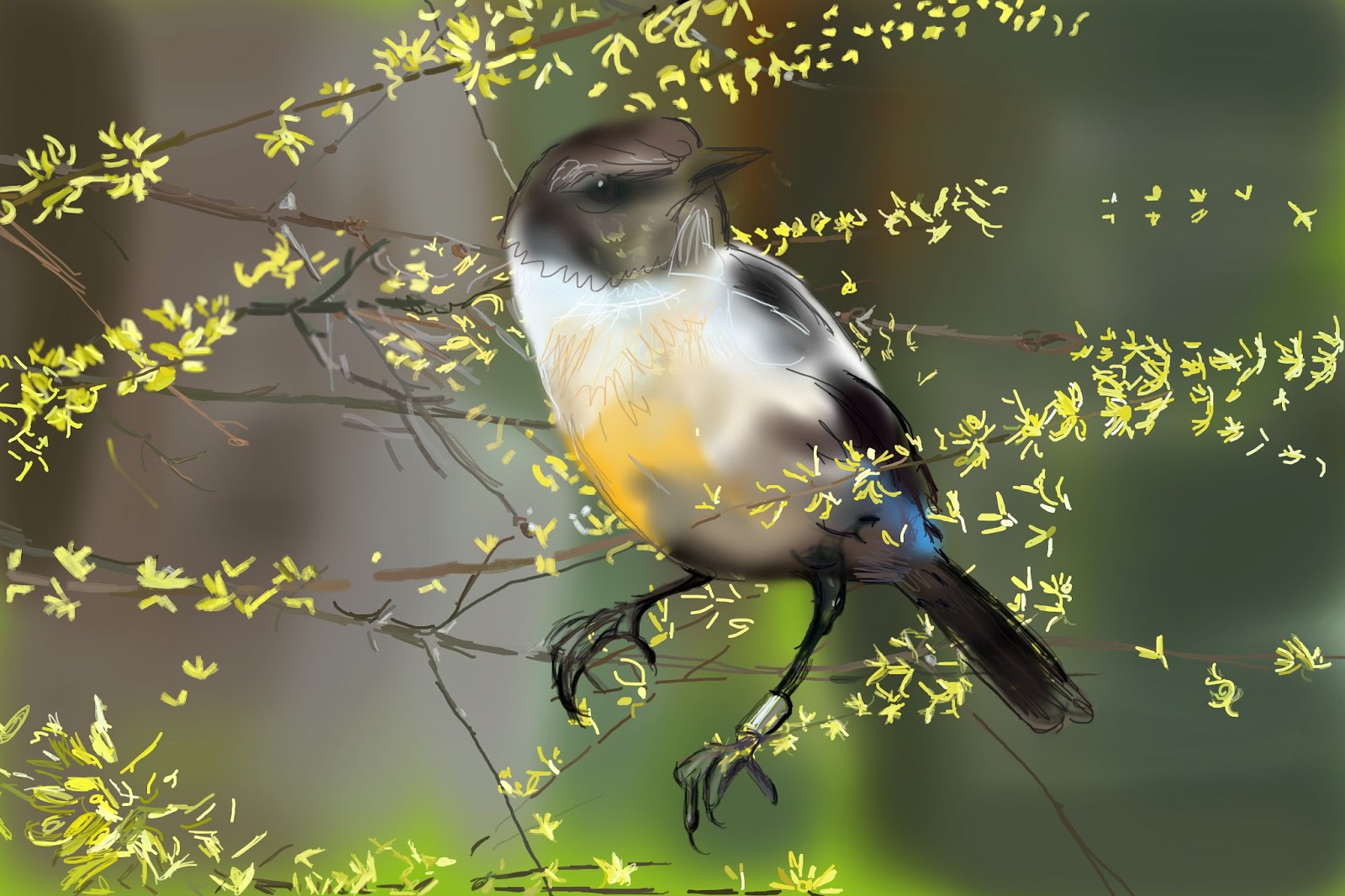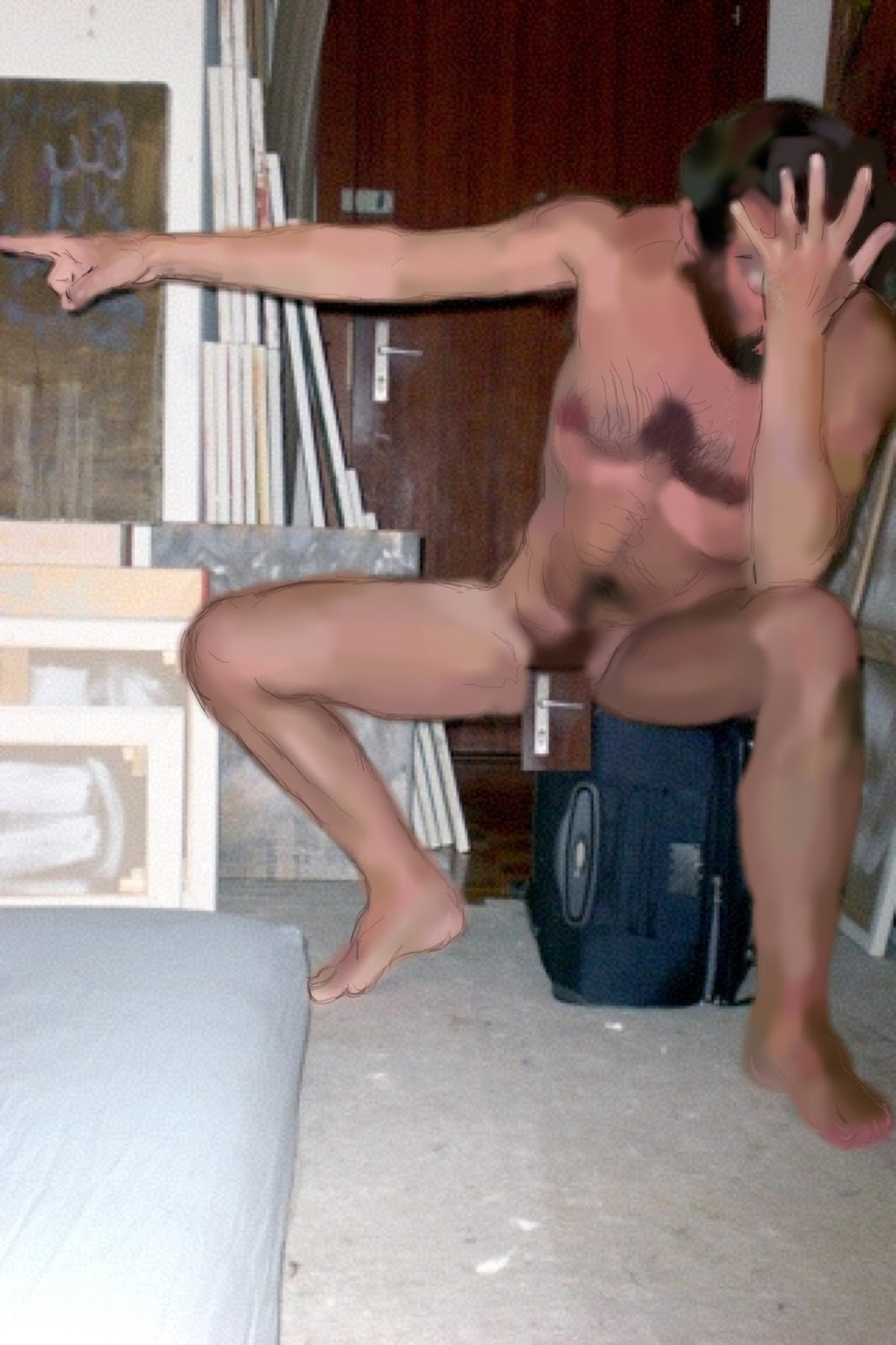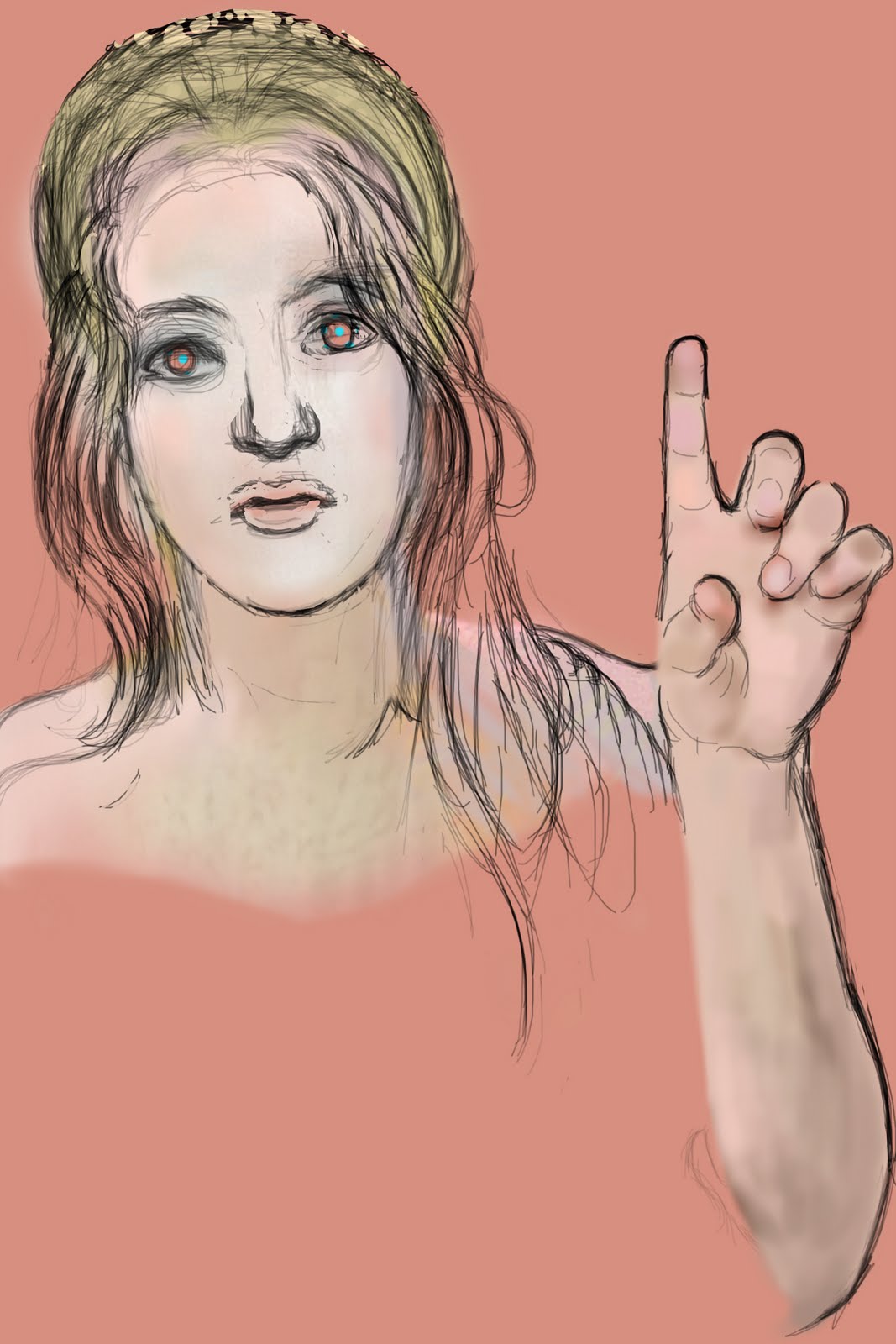Νάξος
Αἰγίθαλος
In Homer’s Iliad, Dolon volunteers to spy on the Achaeans ships. Dolon departs by night, hiding under a wolf skin. Odysseus and Diomedes spot him, by chance, while they are on a secret nocturnal raid. After he has told the two all the information that they wanted, Dolon is decapitated by Diomedes.
Dans l’Iliade, Dolon est volontaire pour aller espionner le camp des bateaux Achéens. Dolon part de nuit, se dissimulant sous une peau de loup. Ulysse et Diomède le repèrent, par hasard, au cours d’une expédition nocturne secrète. Après avoir livré à ses deux ennemis toutes les informations qu’ils voulaient, Dolon est décapité par Diomède.
Δόλων
Medea is the granddaughter of the sun god Helios and wife to the hero Jason, with whom she had two children. In Euripides’s play, Medea kills her children.
Médée est la petite fille d’Hélios, dieu du soleil, et femme du héro Jason, avec lequel elle a eu deux enfants. Dans la pièce d’Euripide, Médée tue ses enfants.
Medea
Mésange
Orpheus
Polyphemus
Persephone was the queen of the Underworld, it was forbidden to speak her name. In a text ascribed to Empedocles, the name Nestis for water apparently refers to Persephone. “Now hear the fourfold roots of everything: enlivening Hera, Hades, shining Zeus. And Nestis, moistening mortal springs with tears”.
Persephone
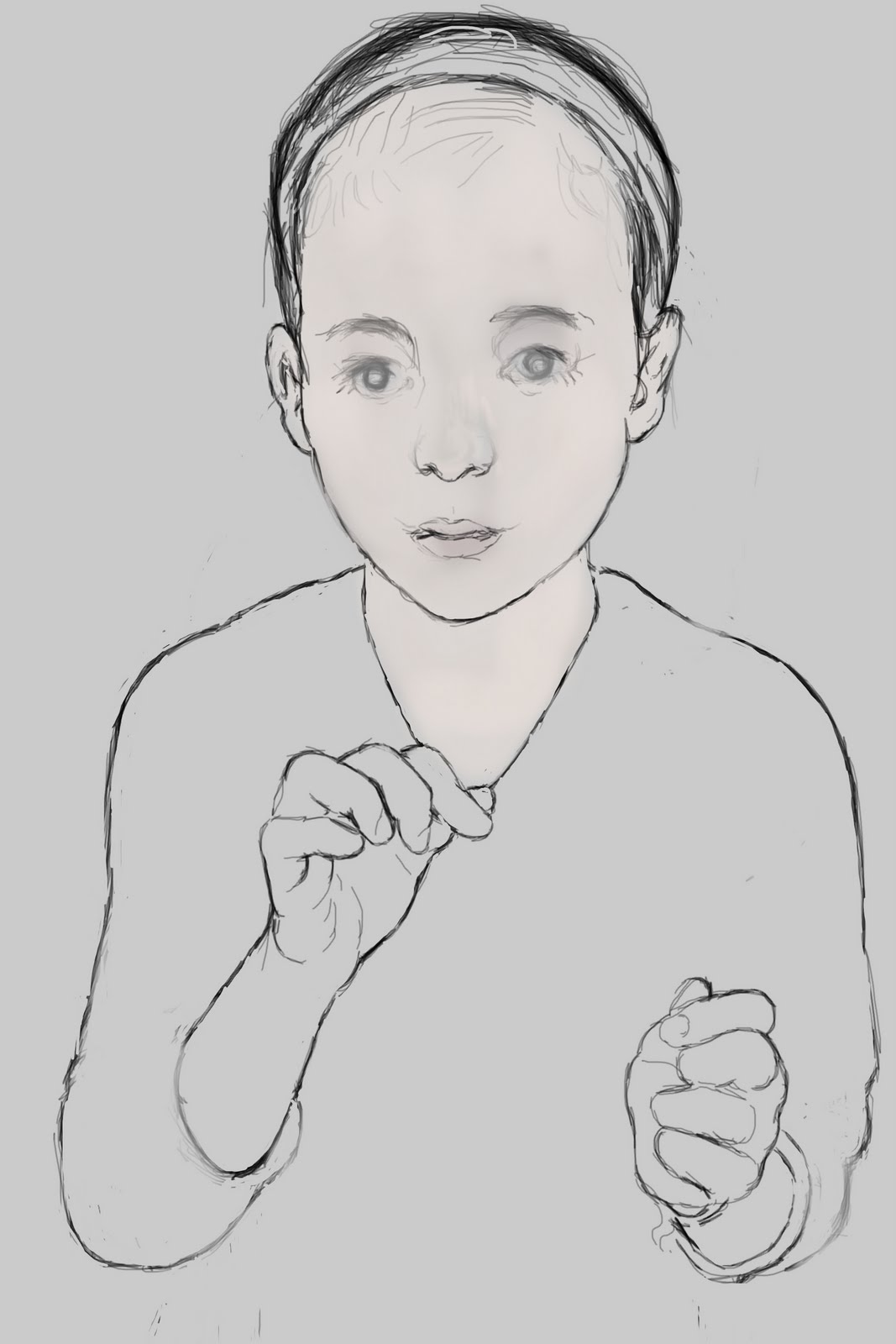 The Moirae were the white-robed personifications of destiny. The Greek word moira literally means a part, and by extension one’s portion in life or destiny. The Moirae controlled the metaphorical thread of life of every mortal from birth to death.
The Moirae were the white-robed personifications of destiny. The Greek word moira literally means a part, and by extension one’s portion in life or destiny. The Moirae controlled the metaphorical thread of life of every mortal from birth to death.
Les Moires étaient les pâles personnifications du destin. Littéralement, le mot grec moira signifie une part et, par extension, la portion de vie ou de destinée de chacun. Les Moires contrôlaient le lien métaphorique qui va de la naissance à la mort.
